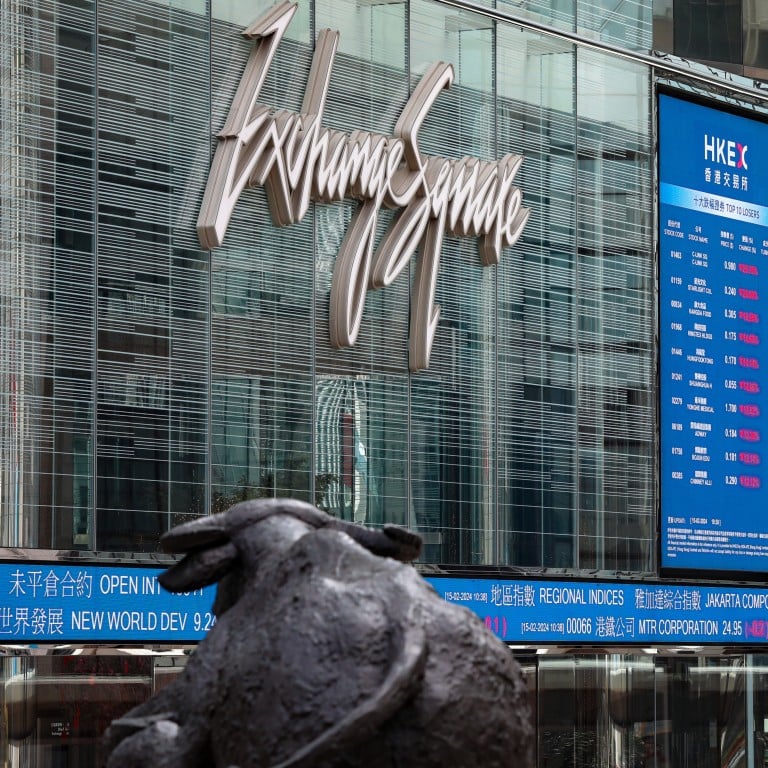
Hong Kong stocks slump to 3-week lows on Middle East tensions, mood cautious ahead of China data dump
- The Hang Seng Index hit its lowest since March 28 after Iran’s first-ever direct assault on Israeli territory sparked worries about oil prices and its impact on the rate cut view
- China economic data due to be released this week includes first quarter GDP, March industrial production, retail sales and employment rate
E-commerce group Alibaba Group slipped 1.7 per cent to HK$70.45, peer JD.com declined 1.2 per cent to HK$101.20, and Tencent retreated 1.6 per cent to HK$304.60. EV maker Li Auto slumped 1.4 per cent to HK$116.40 and Geely Auto lost 2.1 per cent to HK$9.26.
A key set of economic data, including first quarter GDP, industrial production, March retail sales and employment rate will be released on Tuesday, which will provide clues about the recovery trajectory in the world’s second largest economy.
“A sustained rebound in growth momentum is still in doubt” and the recovery is likely to stay bumpy this year, economists at Barclays said in a note over the weekend.
Zhejiang Hongxin Technology, a vehicle wheels manufacturer, surged 238 per cent from its IPO price to 35.98 yuan per share on its trading debut in Shenzhen.
Other key Asian markets retreated across the board following the Middle East tensions. Japan’s Nikkei 225 lost 0.3 per cent, South Korea’s Kospi Index tumbled 0.4 per cent, while Australia’s S&P/ASX 200 declined 0.5 per cent.

